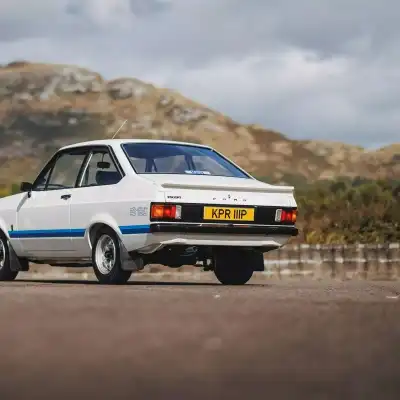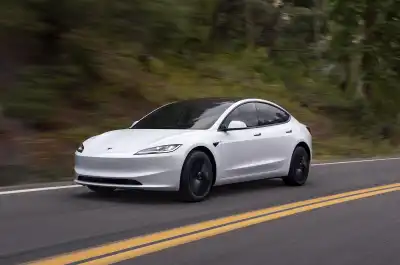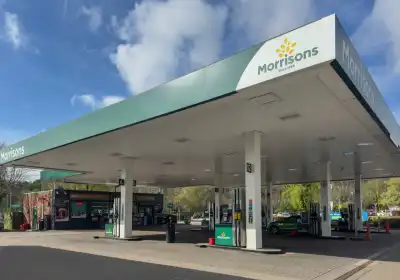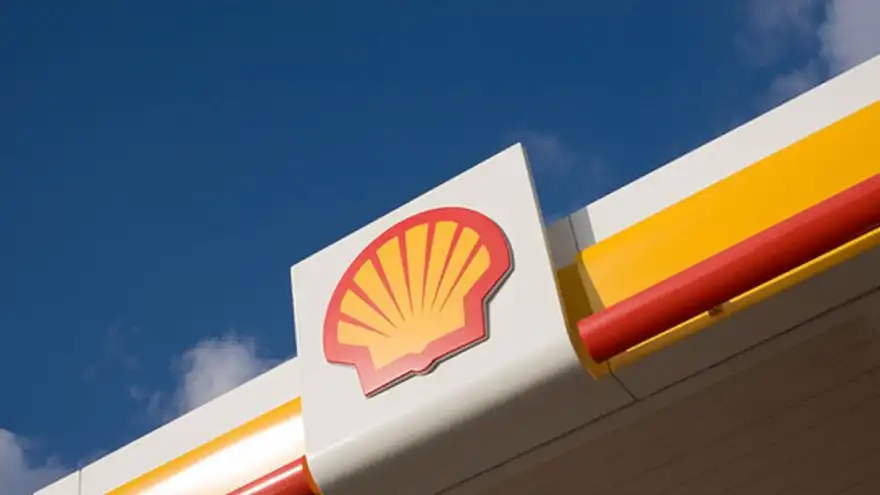
Shell has flexed its muscles and bought Ubitricity, a company that operates the largest public electric car charge network in the UK. Why? To ‘support drivers as they swap to lower carbon transport’. In other words, as electric cars become popular, fewer people will buy petrol and diesel – so the fuel giant wants to own numerous chargers so it stays relevant.
This is likely a good business strategy. Shell, after all, has countless existing customers and a lot of brand recognition. Note too that many people are reluctant to swap to electric cars. They consider them ‘a great unknown’. When people do eventually swap, they are therefore likely to favour a charge network run by a familiar company they trust – rather than a new, unknown, competitor.
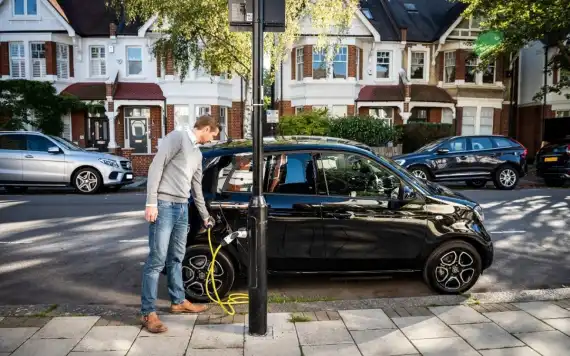
About Ubitricity
This poses a question: what has Shell bought? Ubitricity was founded in Germany and operates in several European countries. It additionally has 2,700 electric vehicle chargers in the United Kingdom. That equates to 13% market share. Its chargers also tend to be fitted to existing street infrastructure such as lampposts and bollards. There are many reasons why. For example:
- often, an existing lamppost is placed close to where a motorist wants to park and charge a vehicle, e.g. by a house
- chargers can be fitted quickly and for a modest price
- minimal disruption, e.g. no earthwork needed to fit the charger
- minimises street clutter as the charger is not a separate free-standing machine that takes up floor space
Shell confirmed why it bought Ubitricity. ‘We want to support the growing number of Shell customers who want to switch to an EV by making it as convenient as possible’, Executive Vice President, István Kapitány, explained. He also hinted that it is important motorists have easy access to fast, reliable, and conveniently placed chargers if electric cars are to become the default choice.
‘On-street options, such as the lamppost charging offered by Ubitricity, will be key for those who live and work in cities or have limited access to off-street parking’, Mr Kapitány emphasised.
Plug-in car sales skyrocket
Electric and plug-in hybrid vehicles have recently become increasingly popular so chargers are in greater demand. Consider 2020, for example. 108,205 electric cars were registered in the United Kingdom, the Society of Motor Manufacturers and Traders confirmed. That was a rise of 185.9% compared to the previous year. Not only that, but plug-in hybrid vehicle registrations increased to 66,877 (+91.2%). Shell is going to need its new on-street chargers.

